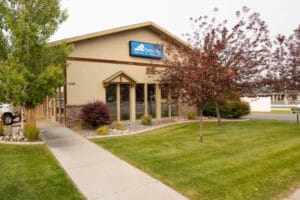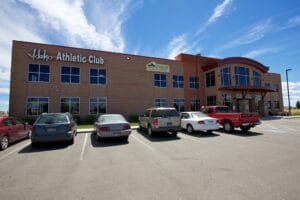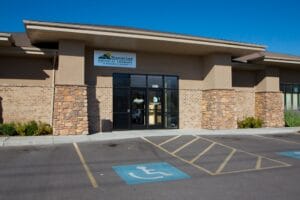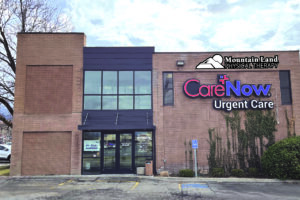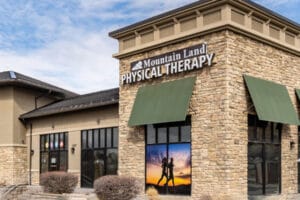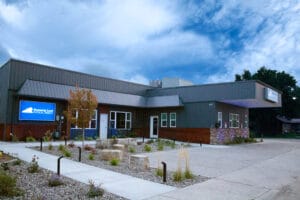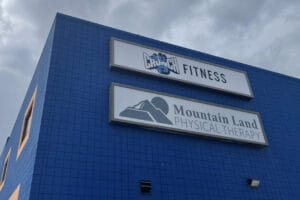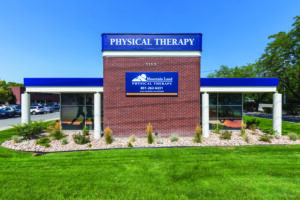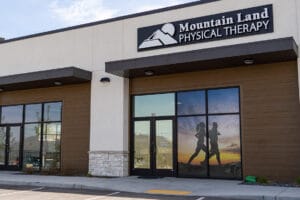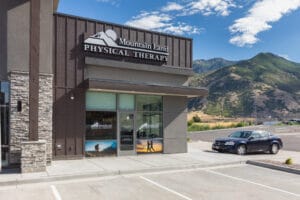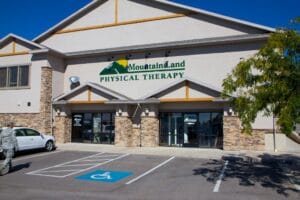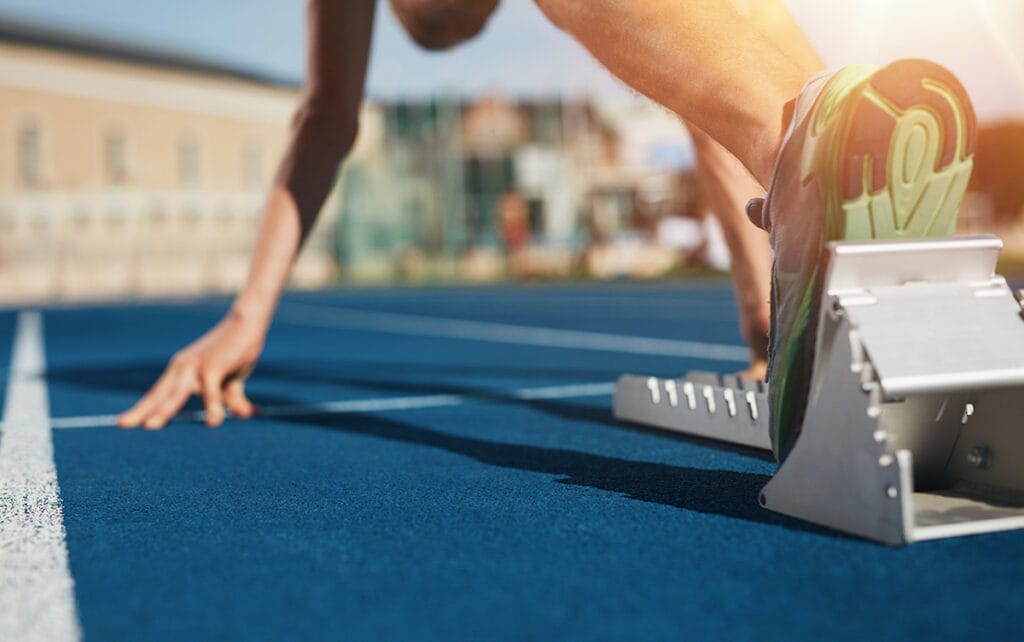At Mountain Land, we are passionate about helping athletes improve their mechanics and avoid injuries. Whether you are an avid skier, a long distance runner or a mountain biker, our Return to Sport program can help you regain strength and ability after an injury and help keep you at the top of your game.
Return to Sport Training and Testing was originally designed to evaluate if an athlete is ready to safely return to their sport after injury. However, this testing can also be used to better mechanics and discover strength imbalances to assist in training and injury prevention. Our therapists are experienced in working with both competitive and recreational athletes and have the skills and knowledge to help you to return to your sport safely.
Who is Return to Sport For?
Our Return to Sport Program was originally designed to evaluate an athlete after surgery to assess readiness to return to sport. However, our program can also help reduce the risk of injury, even if you have not had an injury or surgery. Our program is designed to provide support to athletes of any age, discipline or experience, even if you don’t currently have pain or injury.
Why Do I Get Hurt?
At Mountain Land, our therapists take an active approach in identifying all of the possible risk factors while performing sport activity. Some factors that may lead to injury include poor mechanics, muscle weakness and tightness, as well as fatigue. Our expert staff stays up to date with recent studies that investigate the cause of sport injuries, and use that information to help you improve your mechanics and strength to avoid injury.
How Return to Sport Works
The Return to Sport Testing begins with a therapist performing video analysis with a high frame rate camera to film your mechanics and motion during six agility tasks. You will also complete four hop tests and leg strength testing using a tensiometer to measure 1 repetition maximum.
Once you’ve completed the test, your therapist will review your scores and results. This will put you in a category of low, mid, and high risk of injury. Your therapist will dispense mobility, coordination, and strength exercises based on your deficits to improve how you handle the stress and mechanical demands of your sport.
Your therapist may also recommend follow-up visits to help you achieve your goals and make necessary changes to achieve good mechanics. Recent studies have shown that task training such as jump training and single-leg step-down can significantly reduce stress through the knee joint thereby reducing knee injury. You will most likely retest after your training to evaluate risk after completing a training program.
What Makes Our Return to Sport Program Different
Mountain Land’s return to sport program analyzes the quality and quantity of motion with agility and strength testing.
With the help of video cameras and computer software, we analyze your motion and provide you with visual feedback. We show you how small changes to your mechanics will make a difference in how you feel and perform.
Thorough testing will identify areas of weakness, tightness, and other asymmetries that result in mechanical dysfunction. We will work with you on specific stretching, strengthening, and coordination exercises based on dysfunctions found in testing so that your body can better handle the stresses of the sport you enjoy participating in.
Retesting after completing a training program will evaluate if your mechanics and strength are improved therefore putting you at reduced risk for injury and feeling confident and able to perform the sport you love.

